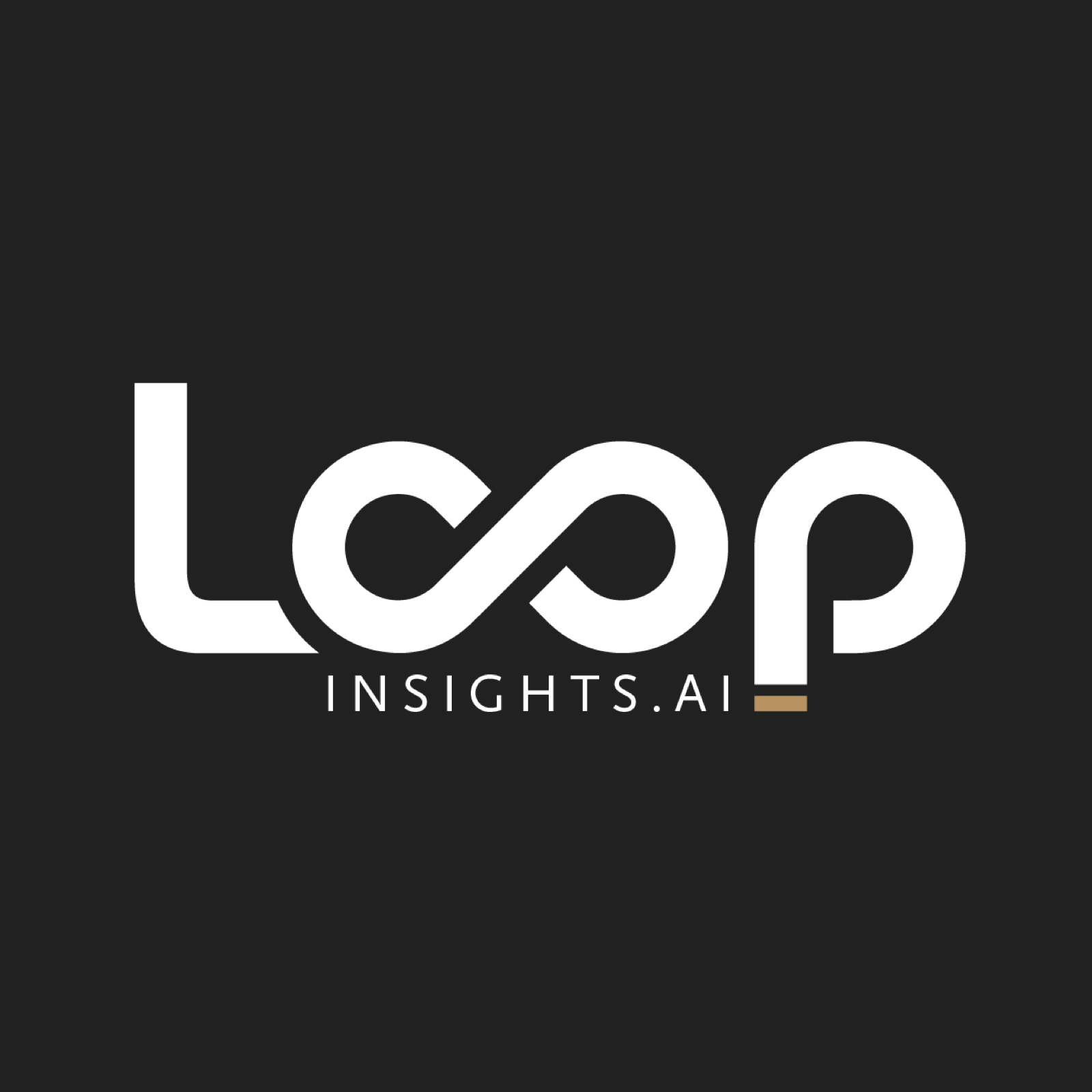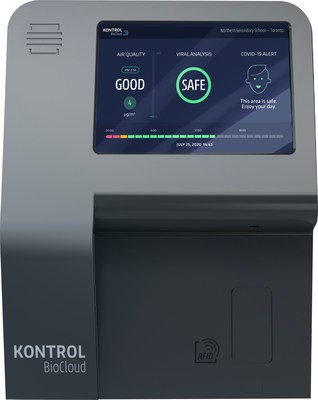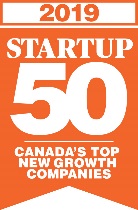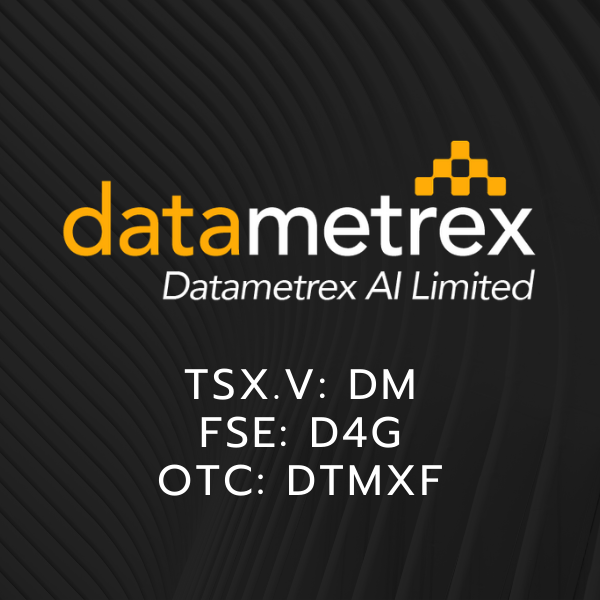SPONSOR: Loop Insights Inc. (MTRX:TSX-V) is levelling the playing field between online retail giants and brick & mortar businesses. What if you could receive the same personalization and experience you get from online shopping, but in brick and mortar stores? Loop Insights is doing just that. Brick and mortar retail isn’t going anywhere, but it does need to adapt to offer better in-store customer experiences. Loop Insights solves a significant problem for traditional retailers – big and small – who are losing customers to e-commerce retail. Learn more.

IoT and Big Data: 6 Retail and Financial Services Trends to Watch Out For
- IoT Will Revolutionize Point of Sale (POS) Payments
- The POS industry is projected to be worth an estimated $109 billion by 2025, and IoT technology will play no small role in making this happen: while the best POS systems available today have a number of impressive features, POS technology will only evolve.
- The rise of smart POS systems will result in the widespread adoption of biometric POS, the rise of mobile POS payments, digital product tracking that eliminates queues and makes remote payments easy, and much more
More importantly, IoT and big data enable the effective storage, processing, and transmission of data in a way that is more secure while providing advanced analytics that thoroughly monitors and notifies you of potential data breaches. This will make POS systems more secure and reliable further enhancing the retail industry.Bamidele Onibalusi – September 3, 2020 
While the impact of the IoT industry in the past few years has been nothing short of impressive, the disruption this technology will bring to the financial services market will be just as impactful.
According to a research study by Markets and Markets, the global banking and financial services IoT market is expected to grow from $249.5 million to $2.03 billion by 2023. That’s an eight-fold growth in just five years or a CAGR of approximately 52 percent. IoT technology in the retail industry is also expected to grow to $35 billion by the end of this year.While the impact of the IoT industry in the past few years has been nothing short of impressive, the disruption this technology will bring to the financial services market will be just as impressive. Click To Tweet
Below are six key trends that will drive the growth of IoT and big data in finance and retail.
1. IoT Will Make Risk Assessment Seamless and Easy
One area where IoT technology will be disruptive in the near future is that of risk assessment. Think about how risk assessment currently works in the financial services sector. It’s a very subjective process similar to the one that triggered the 2008 Great Recession. Now imagine a future that allows for smart risk assessment by using big data and IoT technologies.
First, IoT and big data will make it easy to acquire vast amounts of data that are used to determine a customers’ risk status. This data can then be smartly analyzed in a way that the risk profile of any company or individual becomes convenient and easy. The data can also be used to forecast future risks for individuals and organizations.
2. IoT Will Enhance and Automate Security in Financial Institutions
IoT technology will contribute to a more secure future, particularly in the retail and financial services industry.
Connected smart cameras and motion sensors are just two of the smart technologies financial institutions and retailers can deploy for better security. These technologies will not only automatically react to intrusions by thieves and unauthorized third parties (by shutting down certain systems, locking down the premises so that the intruder is unable to leave, and immediately notifying you and providing an abundance of information that you can act upon), but it will also act to protect against environmental hazards that can pose security threats or result in damage.
3. IoT Will Revolutionize Point of Sale (POS) Payments
The POS industry is projected to be worth an estimated $109 billion by 2025, and IoT technology will play no small role in making this happen: while the best POS systems available today have a number of impressive features, POS technology will only evolve. The rise of smart POS systems will result in the widespread adoption of biometric POS, the rise of mobile POS payments, digital product tracking that eliminates queues and makes remote payments easy, and much more.
More importantly, IoT and big data enable the effective storage, processing, and transmission of data in a way that is more secure while providing advanced analytics that thoroughly monitors and notifies you of potential data breaches. This will make POS systems more secure and reliable further enhancing the retail industry.
4. More Efficient Inventory Management
Retailers very well know the cost of an inefficient inventory management system. Data shows that U.S. retailers lose an estimated $45 billion annually due to not having the required inventory in stock and a whopping $224 billion due to having excess inventory.
IoT and big data will be able to fix inventory woes. Automated IoT inventory management systems that make real-time tracking of inventory easy at the point of sale will be in every retail store sooner rather than later. The inventory system automatically generates data to show currently in-stock items and effectively analyzes this data to predict future inventory requirements.
5. Smart Asset Movement and Monitoring
Asset monitoring is currently partially automated due to the use of computers and technology, but still involves a lot of manual process and checks. IoT and big data will change this.
First, IoT will automate the process of gathering data and real-time information that can be automatically analyzed to understand the current state of things and predict the future. IoT also makes effective use of sensors attached to assets to track them (paying attention to variables that include temperature, humidity, proximity, and movement) and then automatically generate useful data about these assets. This allows for enhanced real-time monitoring of the health and movement of assets.
6. Increasing Use of Wearable Tech for Financial Transactions
Smartwatches and wearable technology that automatically monitor human health and activity are increasingly prevalent. These devices provide essential information about the health of the wearer at all times. Now, think about something similar for payments: you walk into the bank and the bank’s IoT system connects to your wearable device which sends essential information about your activity to the bank. Not only does this eliminate a lot of time-wasting manual processes and improve customer satisfaction, but it also makes it easier to perform contactless transactions while at the same time ensuring optimal security.
The financial industry is already reaping the benefits of IoT and big data. As more businesses see the advantages of IoT, the adoption rate to improve outdated business practices will rapidly increase.
Source: https://www.iotforall.com/iot-and-big-data-6-retail-and-financial-services-trends-to-watch-out-for/





/cdn.vox-cdn.com/uploads/chorus_image/image/67378681/acastro_200901_1777_twitch_0003.0.0.jpg)







